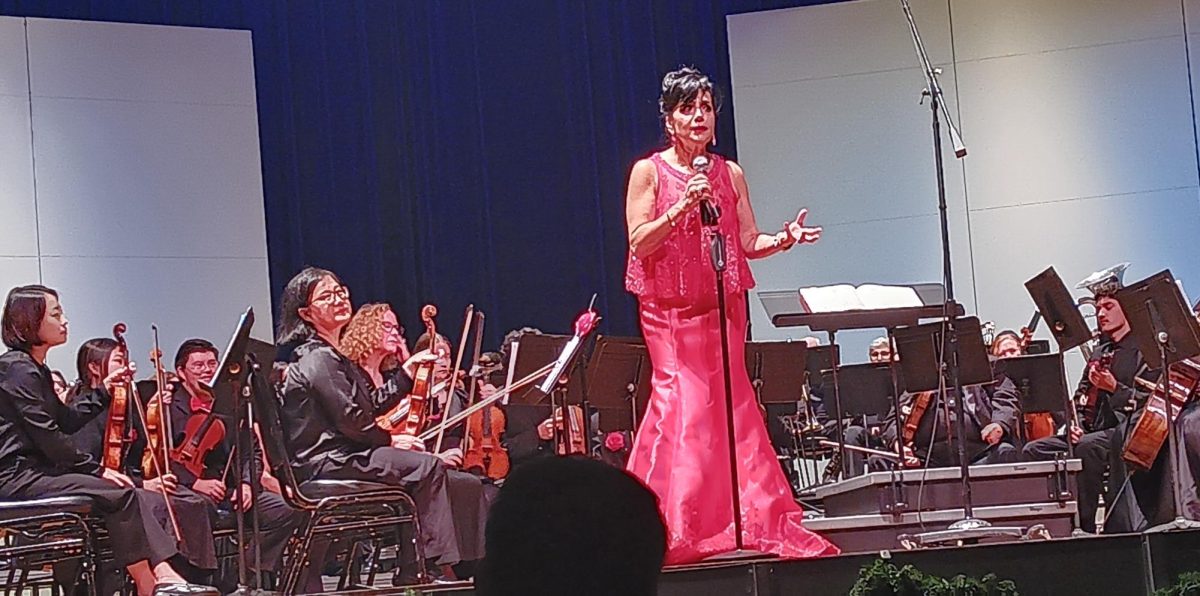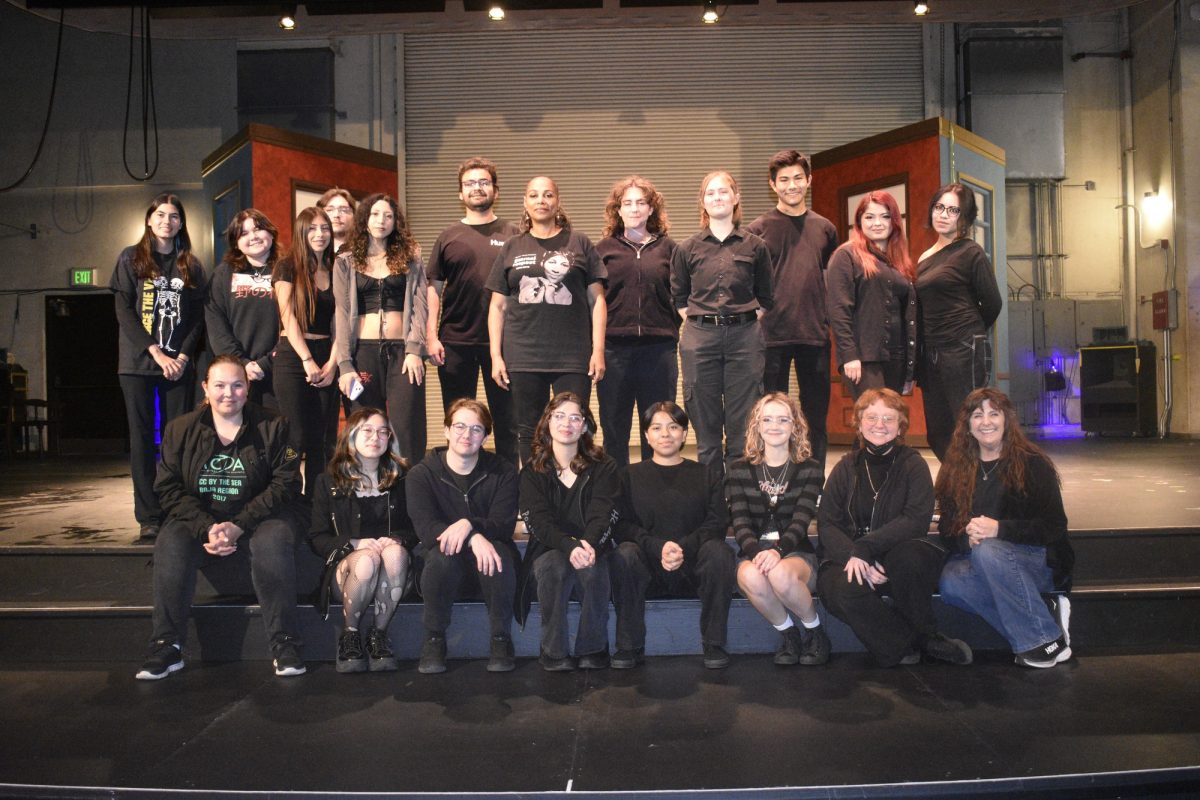Editor’s Note: Due to the illegal acts involved in this story, last names are not listed to protect the subject’s anonymity.
A student is on her way home when she hears a new song on the radio that gets stuck in her head. As soon as she gets home, she finds herself singing that same tune and decides that she must have it on her iPod. This is when she realizes that she doesn’t have to pay someone to get the song; she can just download it off the Internet for free.
According to the Record Industry Association of America’s (RIAA) analysis by the Institute for Policy Innovation, global music piracy causes $12.5 billion of economic losses every year, more than 71,000 U.S. jobs lost and a loss of $2.7 billion in worker’s earnings. However, students don’t seem to care.
“I don’t feel bad at all. A lot of artists, especially the ones I listen to, are happy to get any exposure they can,” Richard, business major, said. “If I really like a band I’ll definitely make a point to go to a show and buy a T-shirt to support them.”
Nabeel, 21, neurology major, said that if students feel they can easily get something for free, then there’s no reason to pay for it. He said that a lot of music and movies sold on the internet through programs such as iTunes may not have all the content he’s seeking. For students like Richard, he just downloads too much.
“I wouldn’t be able to afford food or any bills, I listen to way too much music and not all albums are worth my money,” Richard said.
Students use online communities to upload and share music using peer-to-peer sharing (P2P), where individual users install specific programs that are made for file sharing. Students then upload the files or music they’d like to share and begin to download what other users uploaded. In a mere few hours, students can have movies and music albums downloaded illegally.
“I download music specifically from one site that has more than 100,000 users. It’s very private and you have to be invited,” Richard said.
According to the statistics from the website Richard uses to download music, 381,872 albums are available for download with 783,598 other types of torrents and downloadable content available as well.
Nabeel said his worst experience has been with viruses. Otherwise, it has been smooth sailing.
“I know people who download from unreliable sources and they’ve gotten viruses,” Richard said. “I’m just one of millions and it’s so unlikely I’d get caught. I download from private places where the worst case scenario is the top guy will get taken down, not the little guy like me.”
The RIAA believes that colleges have a responsibility to educate their students and to help curtail piracy on campus, as listed on their Web site.
“We believe that university leaders have a responsibility to acknowledge campus piracy, to take steps to prevent the theft from occurring in the first place, and to demonstrate leadership in teaching students that music has value and there are right and wrong ways to acquire it,” the RIAA said. “When college administrators are more proactive in addressing the campus piracy problem, it usually means fewer incidences of illegal downloading on those school networks and less chance that students will get in trouble for breaking the law.”
Students said that it’s the industry that needs to change, not their downloading habits.
“It’s an industry that needs to be revamped from the ground up and it needs to be changed. They’re too stubborn and it’s just ruining them,” Richard said. “It’s causing the music industry to crumble.”
There are alternatives such as Microsoft’s Zune which, according to Microsoft, allows its buyers to purchase a pass for $14.99 a month and download an unlimited amount of songs. Users can then keep a limited amount of those songs on their computer “forever” and also have the chance to burn them to a CD, upload them onto their Zunes, or even put them on another computer.
However, students with the ability to pirate music will continue to.
“If you’re not too computer savvy, using those programs is the perfect way to download music,” Richard said. “But I would rather just pirate my music than download it from somewhere like iTunes.”
Categories:
Stealing someone’s tune
By Samantha Troisi
•
May 6, 2010
More to Discover






